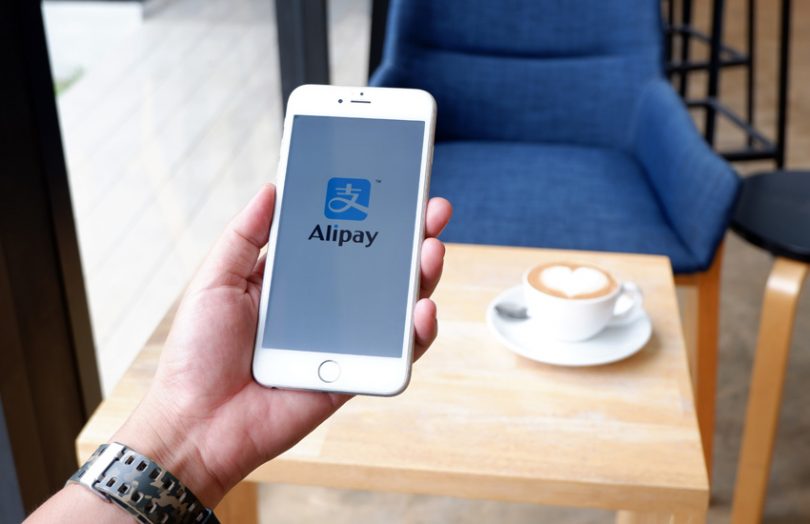Today, the Chinese press reported that Ant Group has stopped taking deposits from clients, although existing balances are unaffected. At this stage, the story does not appear to have been officially confirmed. This follows the abrupt withdrawal of Ant’s IPO at the start of November, an IPO that would have been the world’s largest. It had planned to raise $34.4 billion at a market valuation of around $300 billion.
While Ant is best known for its Alipay payment app, payments are no longer the biggest earner and represent just 36% of revenues. The balance is made up of financial services offerings.
The deposit suspension may only be temporary as Ant is implementing various supervision requirements, including technology solutions.
While Ant reports revenues from client investments, it’s unclear whether fixed deposits are a significant proportion. Investment income makes up 16% of Ant’s revenues.
However, if Ant had to stop its credit activities – which is not the case here – the effect would be massive because that accounts for 39% of revenues.
According to Shanghai Securities News, earlier this week, Sun Tianqi, Director of the Financial Stability Bureau of the People’s Bank of China, had outlined concerns about deposits taken by third party internet platforms like Alipay, WeChat and JD Finance. The applications act as intermediaries with banks holding the deposits. And in some cases, local banks are taking deposits from outside their jurisdiction.
The ‘liquidity characteristics’ are also different from traditional savings deposits. This may mean that it’s easier to access the cash early. But the main point is the central banker said that these activities are illegal, equivalent to “driving without a license”.
If this were about lending, the issue would be much more severe for Ant. And before Ant’s IPO announcement, it was rumored that the authorities quizzed Ant about its credit products’ delinquency rates. One of the concerns is that the loans do not sit on Ant’s balance sheet, so risks are passed on to the hundred or so banks that grant the credit or the lenders that buy securitized debt. In Ant’s IPO document, the company was keen to outline a delinquency rate that did not look too unhealthy.






